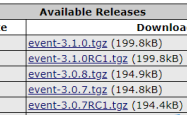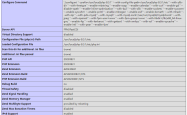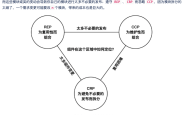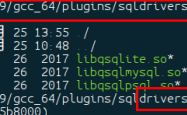Laravel统计一段时间间隔的数据方法
吾爱主题
阅读:235
2021-08-27 15:27:00
评论:0
获取七天以前到现在的数据:
- $days = Input::get('days', 7);
- $range = \Carbon\Carbon::now()->subDays($days);
- $stats = User::where('created_at', '>=', $range)
- ->groupBy('date')
- ->orderBy('date', 'DESC')
- ->get([
- DB::raw('Date(created_at) as date'),
- DB::raw('COUNT(*) as value')
- ]);

- SELECT
- sum(case when `EmailSource`='FM' then 1 else 0 end) as FM_Statistic,
- sum(case when `EmailSource`='UOC' then 1 else 0 end) as UOC_Statistic,
- sum(case when `EmailSource`='OC' then 1 else 0 end) as OC_Statistic,
- DATE_FORMAT(Date,'%Y-%m-%d') AS `DateTime`
- FROM `user_performance`
- WHERE Email != '' AND Email != 'TOTAL'
- AND (DATE_FORMAT(Date,'%Y-%m-%d') >= DATE_FORMAT('2011-02-5','%Y-%m-%d'))
- AND (DATE_FORMAT(Date,'%Y-%m-%d') <= DATE_FORMAT('2011-03-07','%Y-%m-%d'))
- GROUP BY `Date`
- public function getNumber()
- {
- $data = [];
- $customers = Customer::all(['id', 'customer_type', 'created_at']);
- #今天数据
- $data['customer_today'] = Customer::where('customer_type', 1)->where('created_at', Carbon::today())->count();
- $data['teacher_today'] = Customer::where('customer_type', 2)->where('created_at', Carbon::today())->count();
- #昨天数据
- $data['customer_yesterday'] = Customer::where('customer_type', 1)->where('created_at', Carbon::yesterday())->count();
- $data['teacher_yesterday'] = Customer::where('customer_type', 2)->where('created_at', Carbon::yesterday())->count();
- $data['today'] = $data['customer_today'] + $data['teacher_today'];
- $data['yesterday'] = $data['customer_yesterday'] + $data['teacher_yesterday'];
- // 本周数据
- $this_week = [Carbon::now()->startOfWeek(), Carbon::now()->endOfWeek()];
- $data['customer_this_week'] = Customer::where('customer_type', 1)->whereBetween('created_at', $this_week)->count();
- $data['teacher_this_week'] = Customer::where('customer_type', 2)->whereBetween('created_at', $this_week)->count();
- // 上周数据
- $last_week = [Carbon::now()->startOfWeek()->subWeek(), Carbon::now()->endOfWeek()->subWeek()];
- $data['customer_last_week'] = Customer::where('customer_type', 1)->whereBetween('created_at', $last_week)->count();
- $data['teacher_last_week'] = Customer::where('customer_type', 2)->whereBetween('created_at', $last_week)->count();
- $data['this_week'] = $data['customer_this_week'] + $data['teacher_this_week'];
- $data['last_week'] = $data['customer_last_week'] + $data['teacher_last_week'];
- // 本月数据
- $data['customer_this_month'] = Customer::where('customer_type', 1)->whereMonth('created_at', Carbon::now()->month)->count();
- $data['teacher_this_month'] = Customer::where('customer_type', 2)->whereMonth('created_at', Carbon::now()->month)->count();
- // 上月数据
- $data['customer_last_month'] = Customer::where('customer_type', 1)->whereMonth('created_at', Carbon::now()->subMonth()->month)->count();
- $data['teacher_last_month'] = Customer::where('customer_type', 2)->whereMonth('created_at', Carbon::now()->subMonth()->month)->count();
- $data['this_month'] = $data['customer_this_month'] + $data['teacher_this_month'];
- $data['last_month'] = $data['customer_last_month'] + $data['teacher_last_month'];
- // 本年数据
- $data['customer_this_year'] = Customer::where('customer_type', 1)->whereYear('created_at', Carbon::now()->year)->count();
- $data['teacher_this_year'] = Customer::where('customer_type', 2)->whereYear('created_at', Carbon::now()->year)->count();
- $data['today_login_users'] = LoginLog::whereDate('created_at', '=', Carbon::today())
- ->groupBy('customer_id')
- ->orderBy('customer_id')
- ->count();
- $data['yesterday_login_users'] = LoginLog::whereDate('created_at', '=', Carbon::yesterday())
- ->groupBy('customer_id')
- ->orderBy('customer_id')
- ->count();
- $data['this_month_login_users'] = LoginLog::whereMonth('created_at', Carbon::now()->month)
- ->groupBy('customer_id')
- ->orderBy('customer_id')
- ->count();
- $data['last_month_login_users'] = LoginLog::whereMonth('created_at', Carbon::now()->subMonth()->month)
- ->groupBy('customer_id')
- ->orderBy('customer_id')
- ->count();
- return $data;
- }
- public function numberCount()
- {
- $days = request('days', 7);
- $range = Carbon::today()->subDays($days);
- $day_stats = Customer::where('created_at', '>=', $range)
- ->groupBy('date')
- ->orderBy('date', 'DESC')
- ->get([
- \DB::raw('DATE_FORMAT(created_at,\'%Y-%m-%d\') as date,SUM(CASE WHEN customer_type = 1 THEN 1 ELSE 0 END) AS customer,SUM(CASE WHEN customer_type = 2 THEN 1 ELSE 0 END) AS teacher'),
- ])
- ->toJSON();
- $week_stats = Customer::groupBy('week')
- ->orderBy('week', 'DESC')
- ->get([
- \DB::raw('DATE_FORMAT(created_at,\'%Y W%u\') as week,SUM(CASE WHEN customer_type = 1 THEN 1 ELSE 0 END) AS customer, SUM(CASE WHEN customer_type = 2 THEN 1 ELSE 0 END) AS teacher'),
- ])
- ->toJSON();
- // dd($week_stats);
- // \DB::enableQueryLog();
- $month_stats = Customer::groupBy('month')
- ->orderBy('month', 'DESC')
- ->get([
- \DB::raw('DATE_FORMAT(created_at,\'%Y-%m\') as month,SUM(CASE WHEN customer_type = 1 THEN 1 ELSE 0 END) AS customer,SUM(CASE WHEN customer_type = 2 THEN 1 ELSE 0 END) AS teacher'),
- ])
- ->toJSON();
- // dd(\DB::getQueryLog());
- // dd($week_stats, $month_stats);
- $data = $this->getNumber();
- // dd($day_stats, $week_stats, $month_stats, $data);
- return view('admin.numberCount', compact('day_stats', 'week_stats', 'month_stats', 'data'));
- }
效果图:
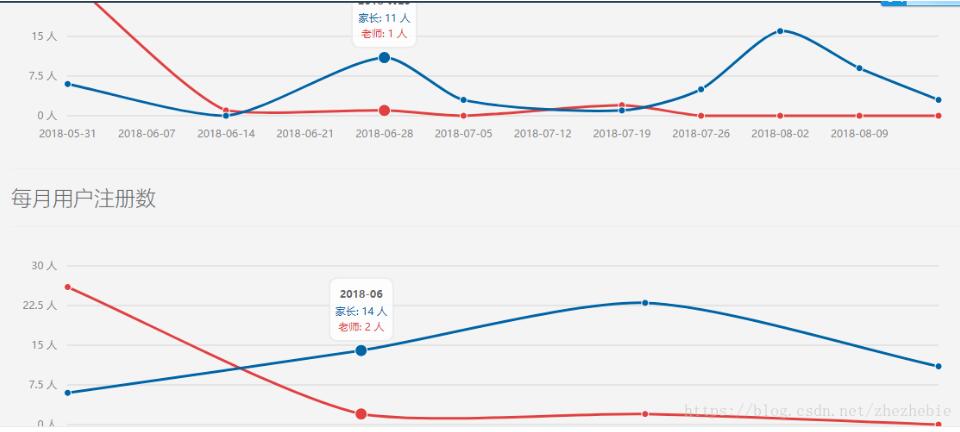
以上这篇Laravel统计一段时间间隔的数据方法就是小编分享给大家的全部内容了,希望能给大家一个参考,也希望大家多多支持我们。
原文链接:https://blog.csdn.net/zhezhebie/article/details/78622534
声明
1.本站遵循行业规范,任何转载的稿件都会明确标注作者和来源;2.本站的原创文章,请转载时务必注明文章作者和来源,不尊重原创的行为我们将追究责任;3.作者投稿可能会经我们编辑修改或补充。



